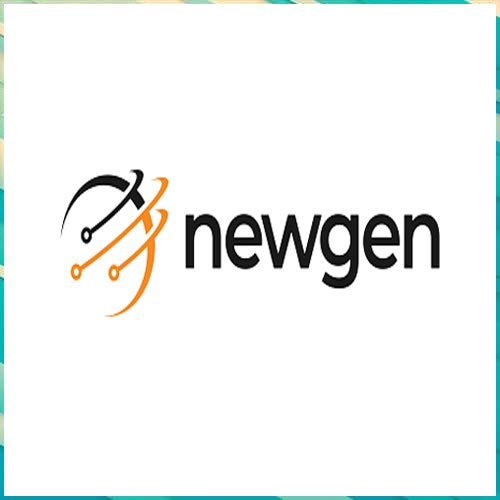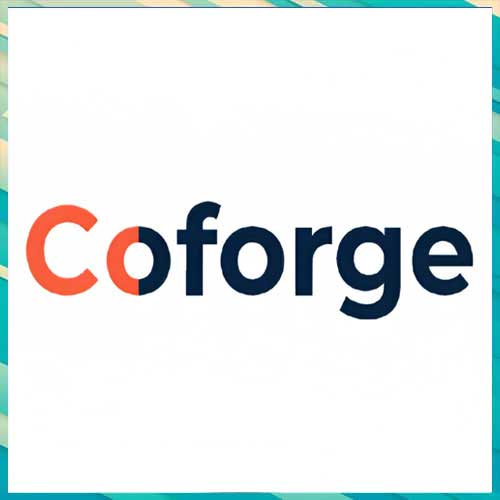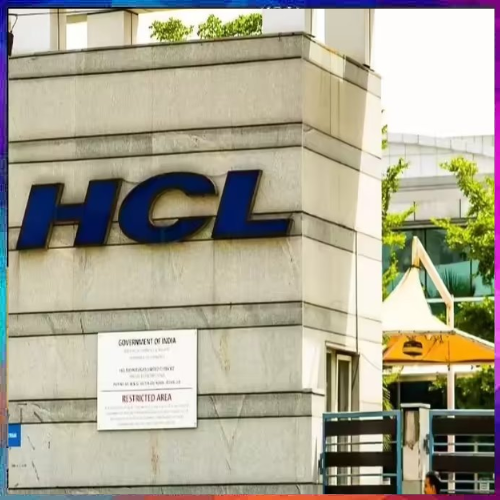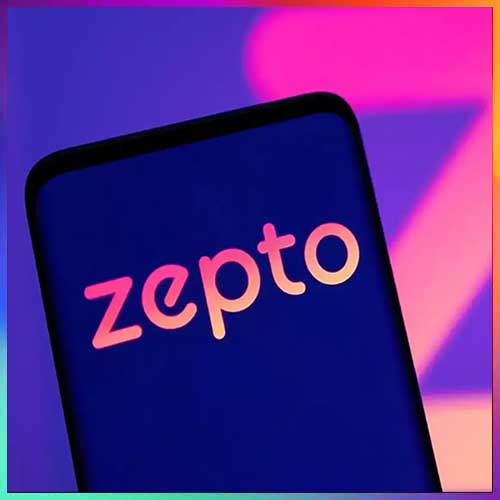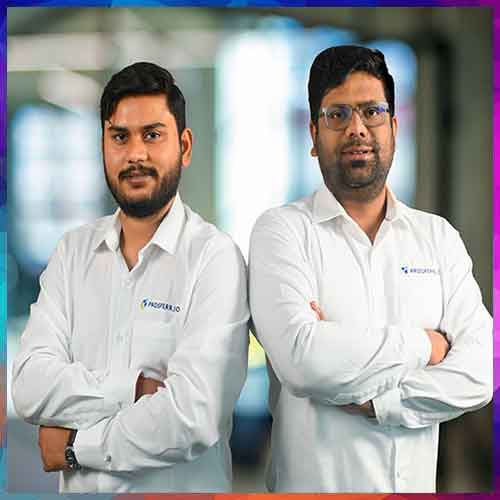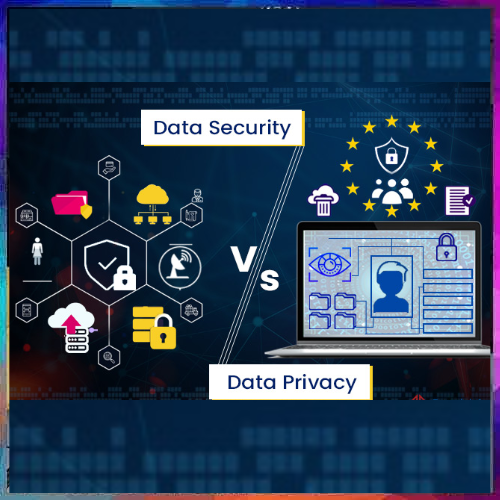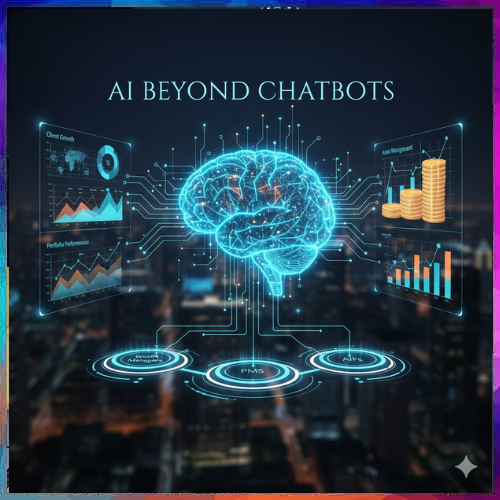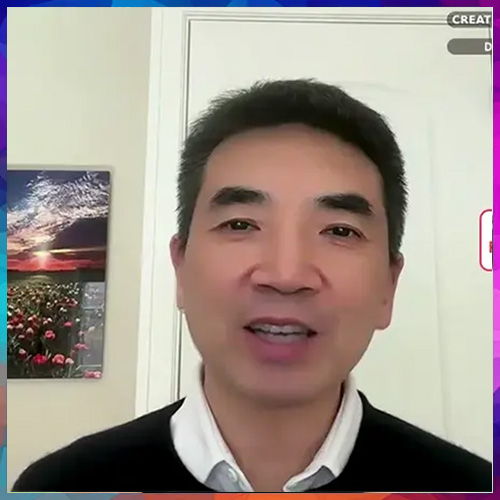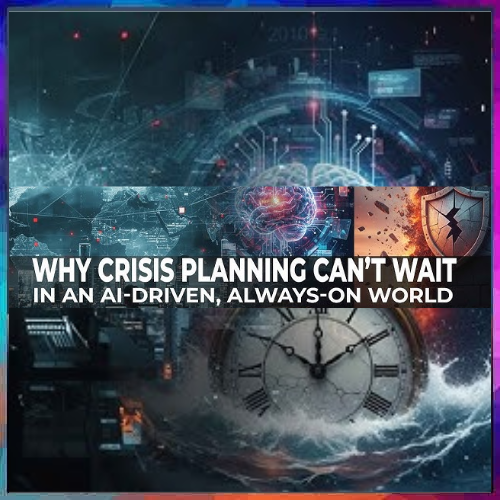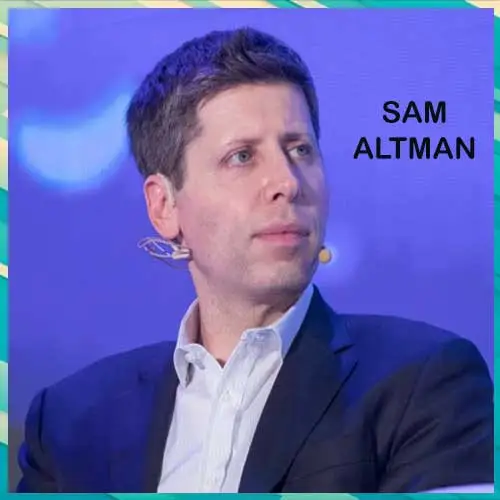
OpenAI CEO Sam Altman believes artificial intelligence could soon outperform humans in leadership roles, even suggesting that an AI might one day run OpenAI itself. He sees this shift as a natural evolution of progress.
OpenAI CEO Sam Altman has openly acknowledged that the future of leadership may not belong to humans. In a recent episode of the Conversations with Tyler podcast, Altman said he would take pride in being replaced by an AI system capable of running OpenAI more efficiently. “Shame on me if OpenAI is not the first big company run by an AI CEO,” he remarked, underscoring his belief that the company should lead the charge in pushing AI’s boundaries.
Altman revealed that he frequently thinks about what it would take for a machine to outperform him in managing OpenAI. He even suggested that AI could handle a major department within “single-digit years,” signaling that such advancements may be closer than many imagine.
From Silicon Valley to simplicity
Despite his central role in shaping the AI revolution, Altman often speaks fondly of his time away from technology. Before ChatGPT’s explosive success, he spent more time at his farm, driving tractors and harvesting produce himself. Over the years, he has acquired multiple homes, including a $43 million estate in Hawaii, but maintains that the simplicity of farm life brings him more joy than Silicon Valley’s relentless pace.
This duality — a tech visionary grounded by rural simplicity — highlights Altman’s unique perspective on the balance between innovation and humanity.
The changing definition of “work”
Altman believes AI will not only transform industries but redefine the very meaning of work. He has long acknowledged that automation will disrupt traditional jobs before eventually creating new opportunities. “In the short term, AI will destroy a lot of jobs,” he admitted, “but like every other technological revolution, we will figure out completely new things to do.”
At OpenAI’s DevDay, he noted that what society perceives as “real work” evolves constantly. “A farmer fifty years ago might look at what you and I do and say, ‘That’s not real work,’” he said, adding that this perspective eases his concern about AI’s impact on employment.
Preparing for an AI-driven economy
Altman’s optimism contrasts with growing unease across industries. He predicts that AI could perform up to 40% of today’s work tasks soon, though he emphasizes that jobs will evolve rather than vanish entirely. Major corporations like IBM, Amazon, and Microsoft have already restructured their workforces to integrate AI tools, while experts like Geoffrey Hinton warn that unchecked automation could worsen inequality.
Even Elon Musk envisions a world where jobs become optional — a society where AI and robots produce all goods and services. For now, Altman’s vision stands at the center of this unfolding debate: one where machines may soon not only assist humans but also lead them.
See What’s Next in Tech With the Fast Forward Newsletter
Tweets From @varindiamag
Nothing to see here - yet
When they Tweet, their Tweets will show up here.








